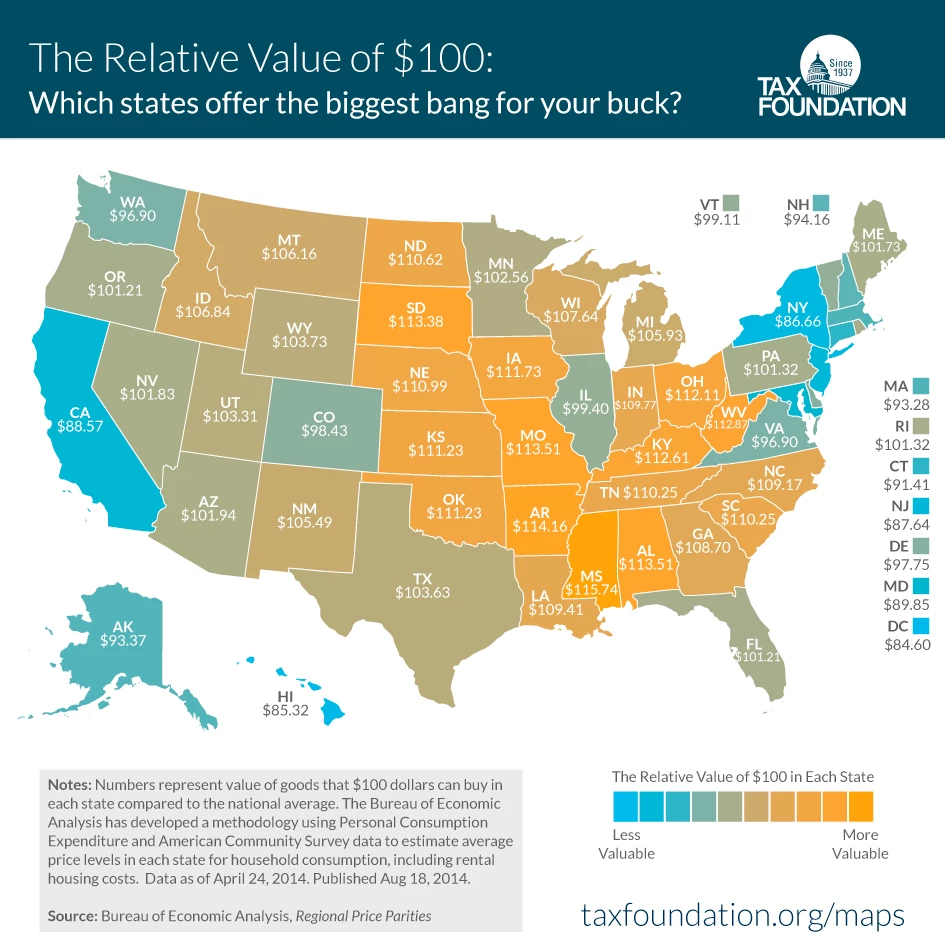I got asked to be a mentor for someone recently. It’s not the first time I’ve been asked, but I found myself wondering what ‘Tim Sackett’ as a mentor should look like. Maybe it’s where I’m at in my career, but I found myself wondering what is it that I could really give someone coming up in our industry.
I would assume anyone asking for a mentor doesn’t really want me to show them how to recruit. They’ve probably got that down pretty well, at least the basics. The advanced stuff is probably best taught by some folks much better than me (Glen Cathey, Jim Stroud, Amybeth Quinn, Paul DeBettignies, etc.).
Maybe I could offer up some help on the employment branding/marketing side on HR and Talent Acquisition. I’ve had to do that for the last 20 years, I probably know just enough to better than most, but not as good as folks like Laurie Ruettimann, William Tincup, Maren Hogan, Lance Haun and Matt Charney.
I’m just dangerous enough with HR Tech that I could probably help out in that area for sure. I’ve bought and implemented systems and tools at every stop in my career. I know the game, but I certainly don’t know it as well at Steve Boese, William Tincup (again), John Sumser, etc.
It could be my mentee could use me for just straight HR generalist knowledge base. If I know anything, I know a little about almost anything in HR from my stops in my career. While I love talent acquisition, I really consider myself more of an HR pro. Probably not as good as Kris Dunn, Dawn Burke, Robin Schooling, Jessica Miller-Merrell, etc.
Compensation and Benefits, maybe that’s should be my ticket? Um, no, probably not. I probably know the least about this area as a whole and Ann Bares is my go to person for all things compensation.
There’s got to be something I’m the best at, worthy of being a mentor. What about employee engagement? From small companies to organizations with tens of thousands I’ve had employee engagement as a major measurable, I could do some damage here. But, again, not as well as someone like Paul Hebert.
Talent acquisition as a function might be something I’m most comfortable with. In my career, I’ve been constantly pulled into TA no matter what organization I’ve been in. It’s been the one constant in my career, start in HR, and end up in Talent Acquisition. Moving an organization from old school, post and pray, to one that hunts for talent is right up my alley. I don’t really know anyone I would recommend over myself on this.
As a mentor I think the most valuable thing I can give someone is the network I’ve built over the years. It’s something I discovered a long time ago. I’m probably not going to be the best at any one thing, but I can know people who are. Having the ability to know you need to surround yourself with people who are better than you, especially in areas you’re weak, is the key to having success in any stop you have in your career.
As a mentor I’m probably going to find out what you’re bad at, then introduce you to people who are really good at those things. You don’t need to the best at everything when you surround yourself with the people who are the best at everything!

